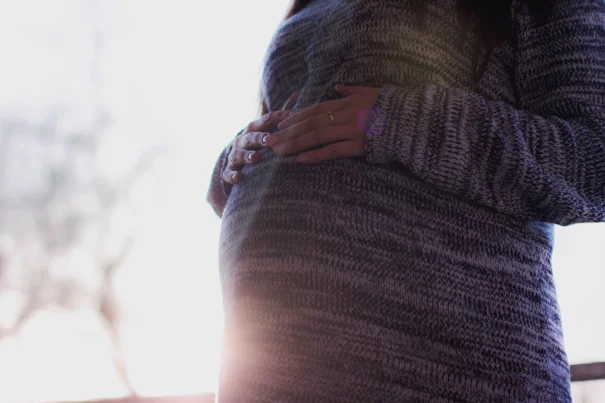
Photo by freestocks
The issue of rape-related pregnancies is a crucial yet often-overlooked aspect of the broader debate surrounding abortion access. As more states implement strict abortion bans, the implications for survivors of sexual violence become increasingly severe and far-reaching. When Hadley Duvall was just 12 years old, she was raped and impregnated by her stepfather. Duvall was a child and was scared then, but she was lucky enough to have options. Today, women and girls in Kentucky do not have the same right. Duvall has become an abortion rights advocate to highlight the consequences of what Donald Trump has done. Girls all over the country have lost their right to choose, even in cases of rape or incest because of Trump’s actions.
Rape-related pregnancies highlight significant challenges in the current abortion landscape, especially following the overturning of Roe v. Wade in June 2022. Despite widespread public support – around 80% of Americans favor legal access to abortion in cases of rape or incest – many states lack effective exceptions for these situations.
A study in January 2024 on rape-related pregnancies in the 14 U.S. states with total abortion bans highlighted the profound impacts of these restrictive laws on survivors of sexual violence. Following the Supreme Court’s decision in Dobbs v. Jackson Women’s Health Organization, these states enacted stringent abortion laws, often with few exceptions for cases of rape. This situation has significant implications for women and girls who experience rape, as access to abortion is severely restricted.
The study found that in the 18 months after the Supreme Court overturned Roe v. Wade, there were more than 500,000 reported and unreported rapes in the 14 states that have outlawed abortion throughout pregnancy, resulting in 65,000 rape-related pregnancies. Nine of these states have abortion bans that do not have exceptions for rape and five of the states have abortion bans exceptions with narrow exceptions for rape, but apply strict gestational limits and require survivors to report to law enforcement, which only 21 percent do.
In the 14 states that enacted total abortion bans after the Dobbs decision, an estimate of 519,981 survivors of completed rape experienced 64,565 rape-related pregnancies during the 4 to 18 months these bans were in effect. Among these, approximately 5,586 rape-related pregnancies (9%) occurred in states that provided exceptions for rape, while 58,979 (91%) occurred in states with no such exceptions. Notably, 26,313 (45%) of these pregnancies took place in the state of Texas.
A three-year study of Rape-Related Pregnancies in the U.S., published by the American Journal of Obstetrics and Gynecology, found that 5% of rape victims of reproductive age became pregnant as a result of rape, with a majority of pregnancies in adolescents. This study was from 2014 to 2017, and since Dobbs, that percent has risen to 12% in the two years post-Dobbs.
The conversation around abortion, particularly in cases of rape and incest, has become a prominent issue as the 2024 election cycle unfolds. The Center for American Progress Action Fund estimates that every day, 134 women become pregnant as a result of sexual assault in states with total abortion. While Former President Trump has proudly proclaimed “I was able to kill Roe v. Wade” there are women around the country who are forced to carry the child of their abuser because of him.
The issue of rape-related pregnancies highlights the urgent need for comprehensive discussions about abortion access in the wake of restrictive state laws. The data reveals a disturbing reality: thousands of survivors of sexual violence are being forced to navigate a complex and often hostile legal landscape that neglects their needs and rights. The upcoming election cycle presents an opportunity to advocate for change, highlighting the need for legal protections that truly consider the well-being of survivors, rather than perpetuating their suffering.